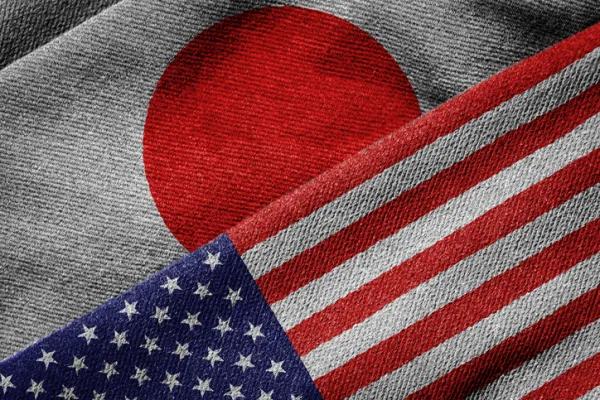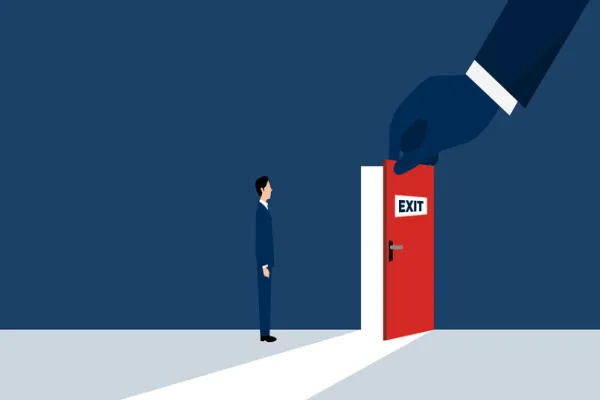What doesn’t kill me makes me stronger. The apothegm, per Nietzsche, has been making the rounds a lot of late, including in a Grammy Award–winning song by Kanye West. Is there a Wall Street CEO — man or superman — who doesn’t embrace the thought, with its intimations of resilience and hopefulness, seedlings in the ashes, sovereign wealth funds on standby?
The current credit crisis has many familiar elements, not least the activities of traders who get to play with the house’s money (better said, the shareholders’ money) with next to no risk of their own. The emergence of a genuine rogue trader — or, at last report, pair of traders — was perhaps inevitable, but it doesn’t stretch the mind too far to ask how different the loss-making activities at Société Générale were from those at, say, Merrill Lynch & Co. Yes, there’s a difference between alleged fraud and simple stupidity, but in both cases the billion-dollar losses appear to reflect systemic failures in controls, whatever the cause: greed, venality, a willingness to look away, incompetent oversight.
Yet despite echoes of the bad old days of other bubbles bursting, this time feels a little different, as the impact of bad decisions badly made flows from the financial world back into the real world and we teeter on the edge of recession or perhaps something darker. We are, indeed, in a strange place. As the Federal Reserve Board and fellow central banks employ new and old tools to tackle this crisis, no one can, with much assurance, tell whether we have seen the worst or say what it will take to restore confidence: of consumers, investors and the markets generally. While we try to go about our doggy lives, each day seemingly brings us a new worry: a rogue trader here, a wobbly monoline insurer there. And, of course, beginning with the U.S. electoral silly season, politicians — “$600 rebates! Come one! Come all!” — and regulators look for their cures. We can only hope that the ghosts of Smoot, Hawley and other notable knee-jerkers of the past have been firmly put to rest.
It may be that I have become feebleminded and find it much easier to describe this current crisis by analogy and metaphor than by the specifics of its myriad acronyms. It may be that I have just gotten older and that from time to time I question whether I’ll ever have enough money to retire comfortably. It may be that I think too much about the intentions of foreign governments investing in American institutions and that I worry to excess about what this portends for the U.S.’s long-held primacy in the world and its markets. But, though I know that we are not dead, I don’t feel that we are getting stronger, and I wonder who should have to pay for all of this in the end.




